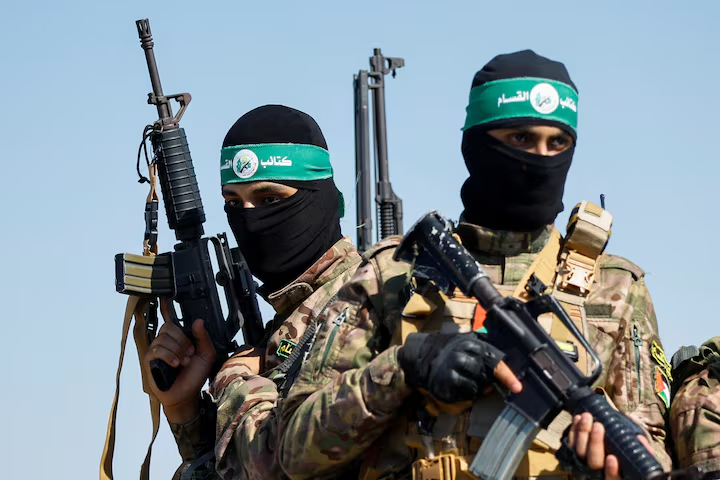The US Justice Department said on Tuesday that four major suspects in the July 7, 2021 assassination of Haitian President Jovenel Moise were brought from Haiti to the US to face criminal proceedings.
Seven of the case’s accused are presently in US custody. Dozens more others remain imprisoned in Haiti’s main prison, which is dangerously overcrowded and sometimes runs out of food and water for inmates.
According to the agency, Haitian-American dual citizens James Solages, 37, and Joseph Vincent, 57, as well as Colombian citizen German Alejandro Rivera Garcia, 44, have been charged with conspiracy to conduct murder or kidnapping outside the United States.
Christian Sanon, a 54-year-old Haitian American, is charged with transporting ballistic vests from the United States to Haiti for use in the assassination plan.
On Wednesday, the four will appear in federal court in Miami.
The US Justice Department has already charged three persons in the killing, with Sanon, described as an “aspiring political contender,” serving as the operation’s principal leader.
According to the report, Sanon hired roughly 20 Colombians with military expertise, led by Rivera Garcia, to assist in the assassination.
The four will appear in federal court in Miami on Wednesday.
The US Justice Department has already charged three others in the assassination, with Sanon, who the department called an “aspiring political candidate,” a key leader of the operation.
It said Sanon recruited about 20 Colombians with military training, led by Rivera Garcia, to help carry out the assassination.
The Colombian squad shot Moise dead on the night of July 6 to 7, 2021 in his private residence in the capital, Port-au-Prince.
“On July 6, 2021, Solages, Vincent, Rivera and others met at a house near President Moise’s residence, where firearms and equipment were distributed and Solages announced that the mission was to kill President Moise,” the department alleged.
US law is being applied in this case because the plan to kill the Haitian president was allegedly partly organised on US soil in Florida, by American-Haitian nationals.
The three charged with the assassination face up to life in prison. Sanon faces up to 20 years for his role in supplying the operation.
Meanwhile, the case has reached a virtual standstill in Haiti, with local officials last year nominating a fifth judge to investigate the killing after four others were dismissed or resigned for personal reasons.
One judge told the AP news agency his family asked him not to take the case because they feared for his life. Another judge stepped down after one of his assistants died in murky circumstances.









